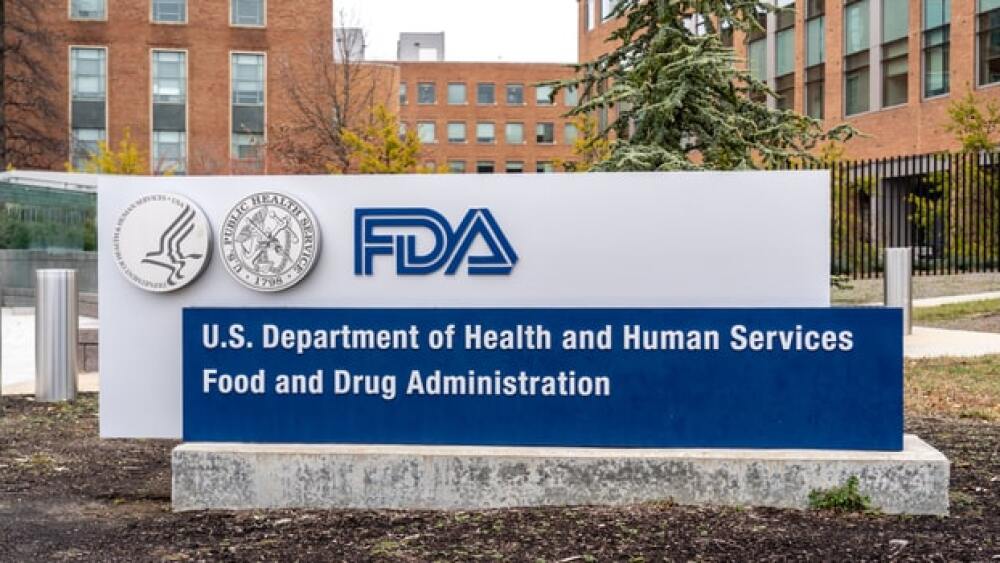Biomea Fusion’s early-stage investigational diabetes treatment BMF-291 has been slapped with a full FDA clinical hold on its Phase I/II trials due to concerns over liver toxicity.
Biomea Fusion announced Thursday that the FDA placed a full clinical hold on all trials investigating its type 1 and type 2 diabetes candidate, which caused the company’s stock to plummet more than 60% Friday morning.
Biomea’s BMF-219 candidate, a menin inhibitor, is being investigated in two separate Phase I/II trials for type 1 and type 2 diabetes. According to Biomea, the reason for the hold was the FDA cited deficiencies based on the level of “possible drug-induced hepatotoxicity” that was being observed in the dose escalation phase of the type 2 diabetes trial COVALENT-111.
The biotech said that during the dose escalation stage, higher doses of the candidate, food intake routines, medical history and other medications “may have contributed to observed liver enzyme elevations.”
At the same time, Biomea said the majority of adverse events have been “mild to moderate” and no serious adverse reactions have been identified with BMF-219 in COVALENT-111 and COVALENT-112.
Biomea CEO Thomas Butler said in a statement that BMF-219 has also been “generally well tolerated” to date and based on the “totality” of the safety and efficacy data for the candidate, the company is still committed to advancing the drug.
“We respect the FDA’s decision and agree that patient safety is paramount and our top priority. We are fully collaborating and working diligently with the FDA to put a plan in place as quickly as possible to ensure patient safety and look forward to resuming the studies once we have authorization from the FDA,” Butler said.
In March 2024, Biomea unveiled data from the Phase II COVALENT-111 trial showing that BMF-219 improved glycemic control while off therapy and supported improved pancreatic function after treatment. Patients who were failing the current standard of care demonstrated mean percent changes in HbA1C of -0. -0.2% at 100mg with food, -0.8% at 100mg and -1.4% at 200mg with food while on BMF-219.
In addition to its diabetes trials, the biotech also has early-stage trials for BMF-219 in oncology, including leukemia and lymphoma, as well as colon and lung cancer.
Tyler Patchen is a staff writer at BioSpace. You can reach him at tyler.patchen@biospace.com. Follow him on LinkedIn.






